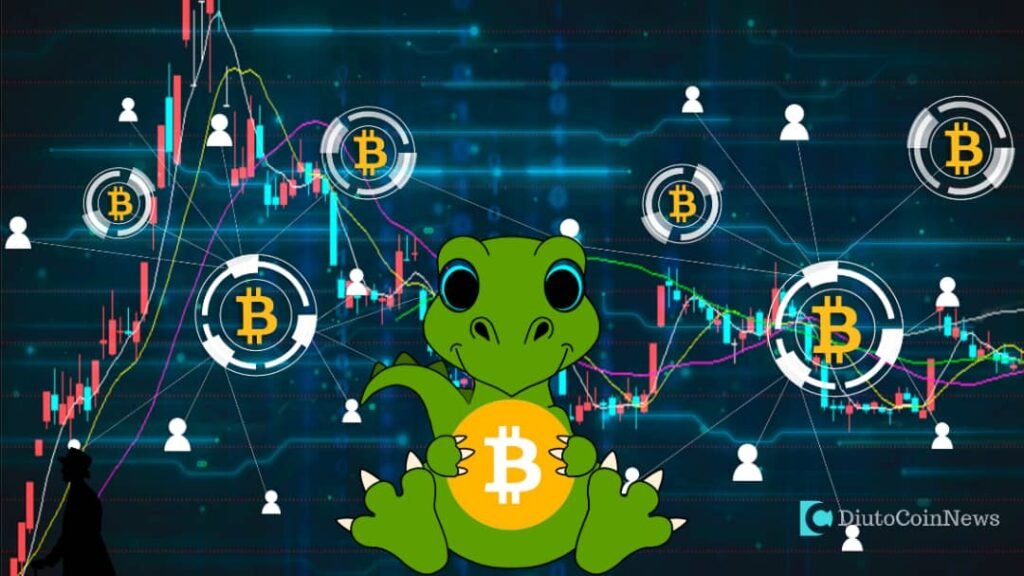The price of a viral cryptocurrency inspired by the hit Netflix show Squid Game crashed Monday morning after reports detailing the project’s unknown founders had closed activities on the token and run away with investor funds.
According to Forbes report, the price of the so-called Squid Game token lost virtually all of its value at about 6 a.m. EDT, plummeting from a price of more than $2,861 to less than half a penny and wiping out $6 billion in market value within 15 minutes, according to cryptocurrency data website CoinMarketCap.
The crash started after users noticed wallet activity suggesting the token’s alleged developers had terminated the project before its heavily publicized online game had even launched and cashed out of approximately $2.5 million worth of binance coin tokens, hiding transaction details using a protocol called Tornado Cash.
Squid token’s website and social media accounts appeared offline after the crash Monday morning; Twitter had already restricted its account due to “some unusual activity.”
Cautionary signs quickly grew after the token’s meteoric rise last week, with CoinMarkarket on Friday that multiple users were reporting they could not sell their tokens on decentralized exchange PancakeSwap.
The website went on to warn the project, though clearly inspired by the nicknamed Netflix show, was “unlikely to be affiliated with the official [intellectual property],” adding: “Please do your own due diligence and exercise caution while trading!”
Fueled by massive fervor among retail crypto investors, the Squid token skyrocketed as much as 310,000% since its launch just last week—even though little was known about the project or its founders. The cryptocurrency’s website claimed its Squid Game-based online game would launch this month, but users quickly noticed the project’s whitepaper (common in the cryptocurrency industry to detail a token’s specifications) contained several grammar and spelling errors, while its purported founders had no social media profiles. The token went on presale earlier last month and was sold out in “a second,” the whitepaper claimed.
Discover more from DiutoCoinNews
Subscribe to get the latest posts sent to your email.















